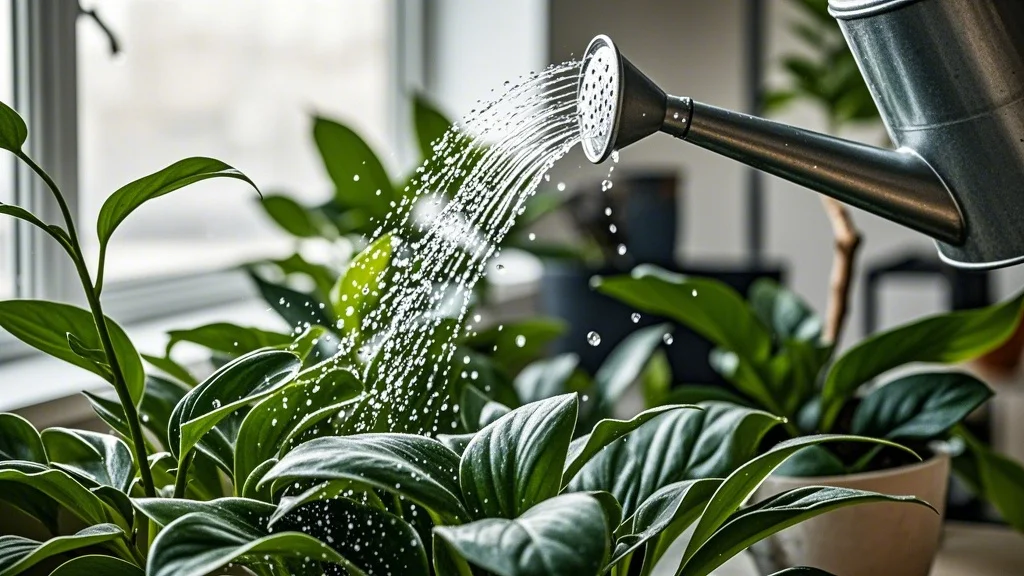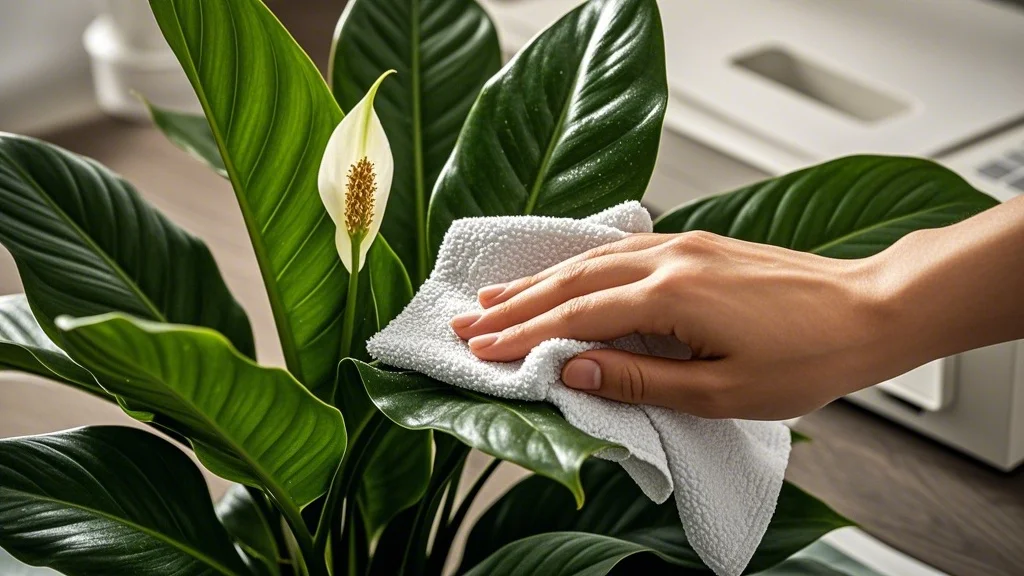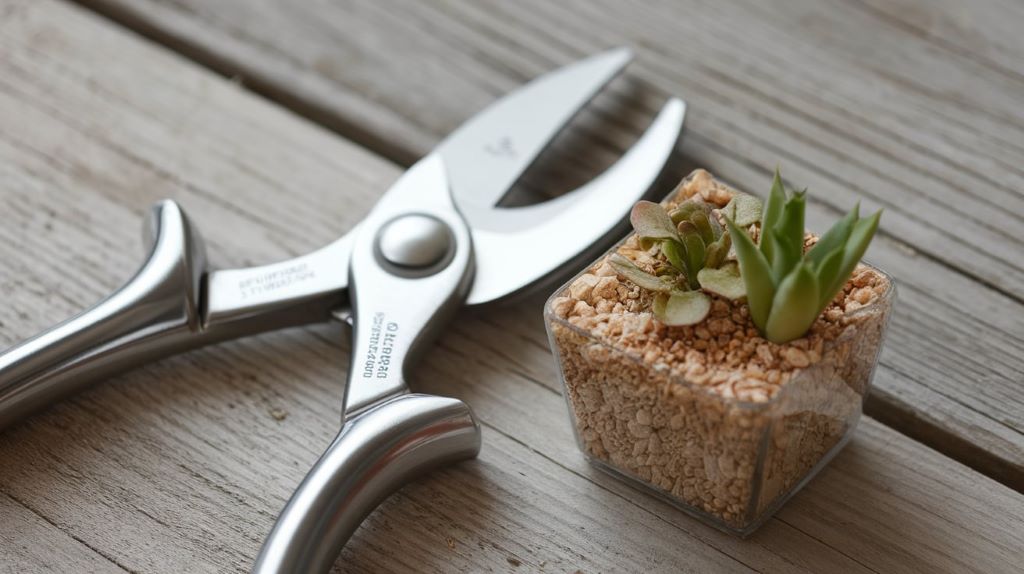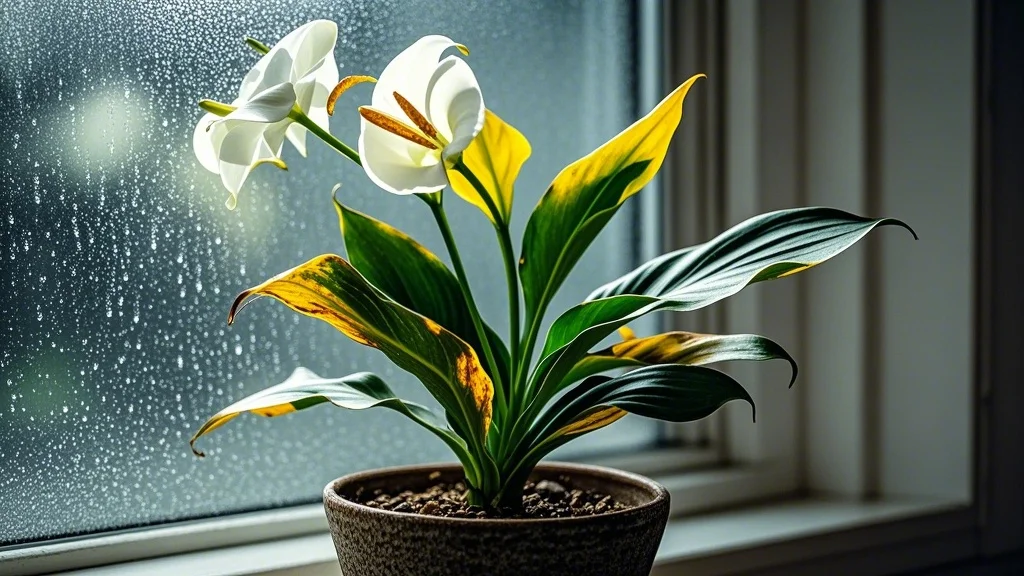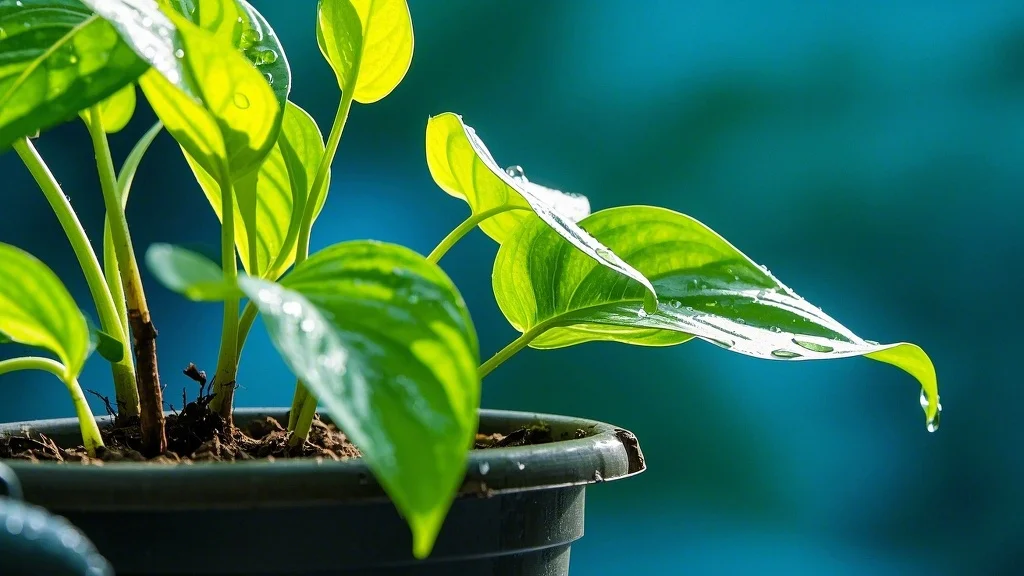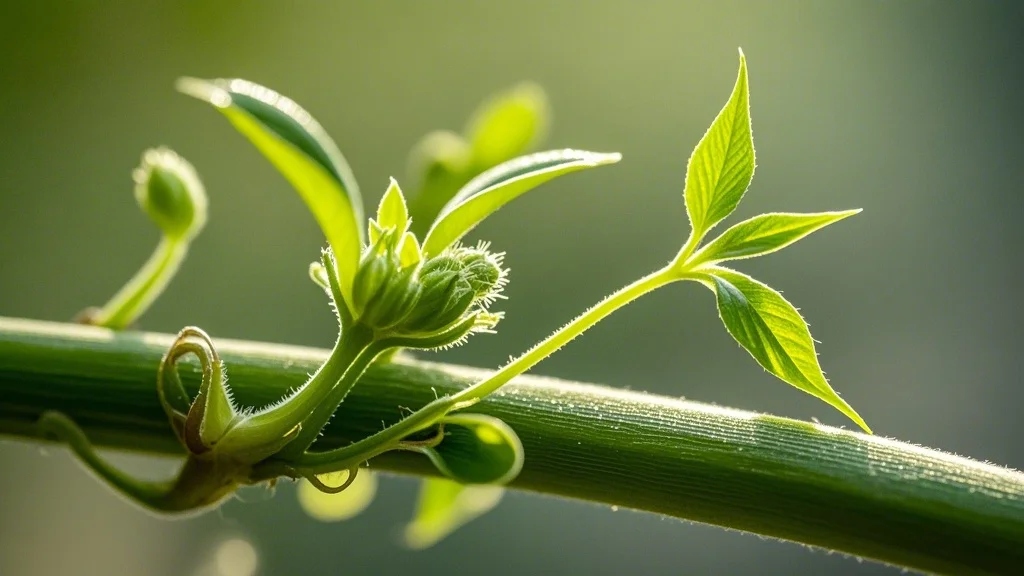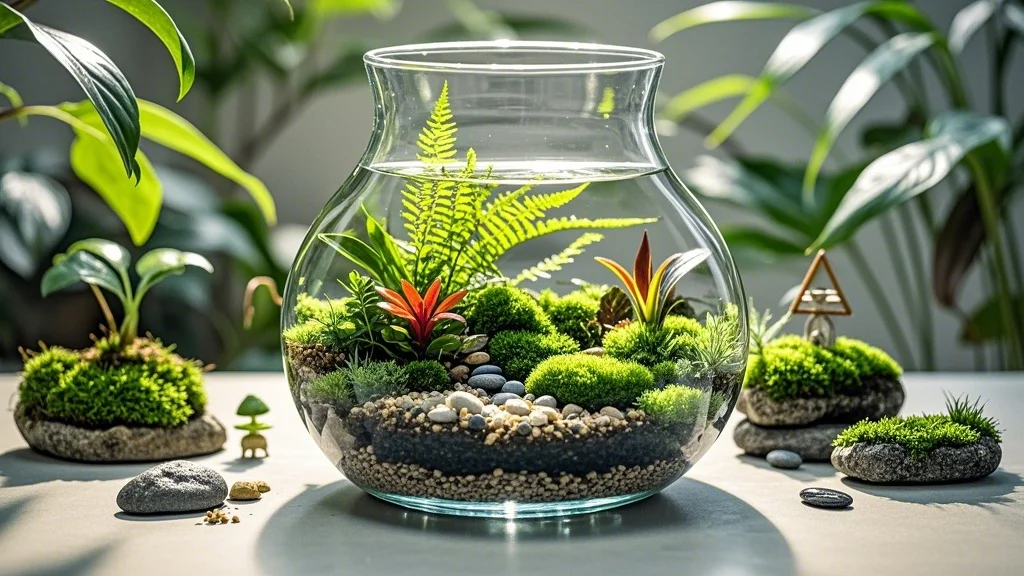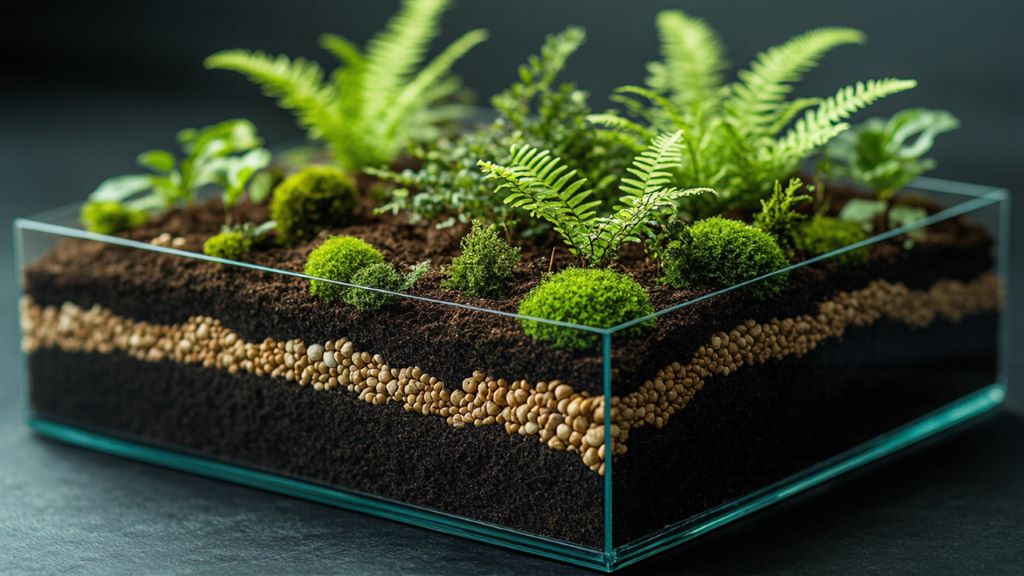The modern office environment often lacks the natural elements our minds and bodies crave. Fluorescent lighting, recycled air, and the perpetual glow of computer screens can leave us feeling disconnected from nature. Enter the desktop garden—a small but mighty solution to bring life, color, and a touch of the outdoors to your workspace. These miniature plant displays not only beautify your desk but also offer proven benefits for your wellbeing and productivity.
In this comprehensive guide, we’ll explore how to create and maintain a thriving desktop garden that suits your workspace constraints, maintenance capabilities, and aesthetic preferences. From selecting the right plants to designing creative displays, you’ll discover everything needed to transform your desk into a refreshing green sanctuary that makes work hours more pleasant.
Contents
- 1 Benefits of Desktop Gardens in the Workplace
- 2 Selecting the Right Plants for Your Desktop Garden
- 3 Container and Display Options
- 4 Setting Up Your Desktop Garden
- 5 Maintaining Your Desktop Garden
- 6 Creative Desktop Garden Themes
- 7 Social Aspects of Desktop Gardening
- 8 Conclusion
- 9 Resources for Desktop Gardeners
Benefits of Desktop Gardens in the Workplace
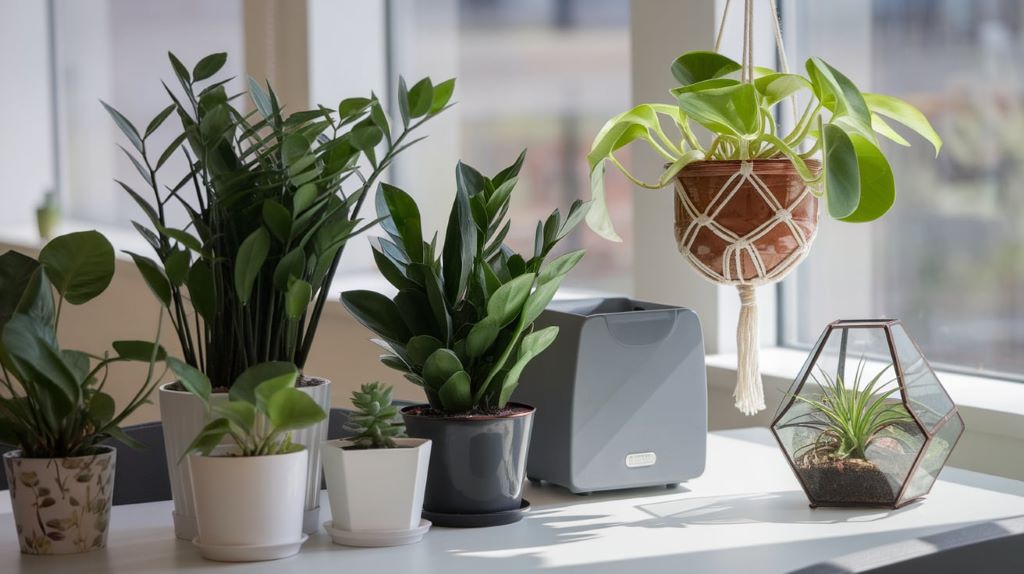
Mental Wellbeing Boost
Research consistently shows that exposure to plants, even in small doses, can significantly impact our mental state. A study published in the Journal of Environmental Psychology found that workers with access to plants reported 15% higher wellbeing scores and 6% higher productivity levels than those without.
Desktop gardens provide:
- Stress reduction: Interacting with plants lowers cortisol levels, the body’s primary stress hormone
- Improved focus: Natural elements help combat mental fatigue and restore attention
- Mood enhancement: The presence of greenery triggers positive emotional responses
Physical Health Improvements
Beyond mental benefits, desktop plants contribute to your physical health by:
- Purifying air: Many compact plants excel at filtering common office pollutants
- Increasing humidity: Plants release moisture, counteracting the dry air common in office environments
- Reducing noise: Plant foliage absorbs sound waves, creating a quieter workspace
Professional Advantages
Your desktop garden can also enhance your professional image:
- Conversation starter: Unique plant displays create natural opportunities for workplace connections
- Personalized space: Expresses creativity and individuality in standardized office environments
- Visual appeal: Creates an inviting atmosphere for colleagues and clients
Selecting the Right Plants for Your Desktop Garden
Assessing Your Workspace Conditions
Before selecting plants, evaluate your office environment:
Light Conditions
- Low light: Most offices with fluorescent lighting and distant windows
- Medium light: Desks near windows with filtered sunlight
- Bright light: Workspaces with direct sunlight for portions of the day
Temperature and Humidity
- Office temperature fluctuations (especially weekends)
- Air conditioning and heating effects
- Natural humidity levels
Space Constraints
- Available surface area
- Height restrictions
- Proximity to computer equipment and papers
Best Low-Maintenance Office Plants
For Low Light Conditions
- Snake Plant (Sansevieria)
- Virtually indestructible
- Excellent air purifier
- Striking upright form
- ZZ Plant (Zamioculcas zamiifolia)
- Glossy foliage
- Drought-tolerant
- Slow-growing
- Pothos (Epipremnum aureum)
- Trailing vines add dimension
- Available in various variegations
- Grows in water or soil
For Medium Light Conditions
- Peace Lily (Spathiphyllum)
- Elegant white blooms
- Air-purifying qualities
- Dramatic wilting provides clear watering cues
- Chinese Evergreen (Aglaonema)
- Colorful foliage options
- Compact growth habit
- Tolerates inconsistent care
- Spider Plant (Chlorophytum comosum)
- Produces baby plantlets
- Arching form works well in elevated planters
- Fast-growing satisfaction
For Bright Light Conditions
- Succulents (Various species)
- Minimal watering needs
- Architectural forms
- Variety of colors and textures
- Jade Plant (Crassula ovata)
- Symbol of prosperity
- Bonsai-like appearance over time
- Sturdy and forgiving
- African Violet (Saintpaulia)
- Continuous blooming potential
- Compact size
- Adds color dimension
Miniature Specialty Plants
For those wanting something more unique:
- Air Plants (Tillandsia)
- No soil required
- Can be displayed in countless creative ways
- Minimal care requirements
- Miniature Orchids
- Dramatic blooms
- Status symbol
- Long-lasting flowers
- Moss Gardens
- Lush, carpet-like appearance
- High humidity lover
- Creates woodland aesthetic
Container and Display Options
Functional Containers
Self-Watering Options
- Water reservoirs: Containers with built-in water storage
- Wicking systems: Self-regulating moisture delivery
- Hydroponic setups: Soil-free growing systems
Space-Saving Designs
- Vertical planters: Utilize upward space
- Magnetic or clamp-on containers: Attach to metal surfaces or desk edges
- Stackable systems: Build upward with modular components
Multi-Purpose Containers
- Planter/pencil holders: Dual-function desk organization
- Planter/phone stands: Combine technology and nature
- Bookend planters: Functional and decorative
Decorative Display Ideas
Thematic Mini-Gardens
- Desert landscape: Combine succulents, sand, and decorative rocks
- Woodland scene: Moss, ferns, and miniature accessories
- Tropical paradise: Colorful foliage and exotic mini specimens
Creative Upcycled Containers
- Vintage teacups: Charming containers for small plants
- Hollowed books: Literary-themed planters
- Tech relics: Old keyboards, monitors, or phone housings repurposed
Terrarium Styles
- Closed systems: Self-sustaining moisture environments
- Open arrangements: Easier access for varied plant needs
- Hanging globes: Space-saving suspended displays
Setting Up Your Desktop Garden
Essential Supplies
Basic Setup Materials
- Quality potting mix: Appropriate for your chosen plants
- Drainage materials: Pebbles, activated charcoal, or mesh
- Small tools: Mini trowel, scissors, spray bottle
- Plant supports: Mini stakes or moss poles if needed
Optional Enhancements
- Grow lights: For extremely low-light environments
- Humidity trays: For moisture-loving plants
- Decorative elements: Miniature figurines, colored stones, moss
Step-by-Step Setup Process
- Prepare your containers
- Ensure proper drainage holes or layer
- Clean thoroughly if repurposing items
- Apply waterproofing if using porous materials
- Create the growing environment
- Add drainage layer if needed
- Fill with appropriate potting medium
- Create contours or levels for visual interest
- Arrange plants strategically
- Position taller plants toward the back
- Consider growth patterns and spacing needs
- Group plants with similar care requirements
- Add finishing touches
- Apply decorative top dressing (pebbles, moss)
- Insert decorative elements
- Label plants discreetly if desired
Workspace Integration Strategies
Desk Organization Considerations
- Position plants away from important papers
- Ensure containers won’t leak onto electronics
- Create designated “green zones” on your desk
Lighting Supplements
- Clip-on grow lights for dark corners
- Light-reflecting surfaces to maximize natural light
- Strategic rotation schedule for even growth
Seasonal Adjustments
- Heating/cooling vent proximity awareness
- Window draft protection in winter
- Humidity adjustments during dry seasons
Maintaining Your Desktop Garden
Daily and Weekly Care Routines
Watering Best Practices
- Monday morning check: Assess all plants after weekend
- Finger test: Check soil moisture before watering
- Bottom watering technique: Prevents overwatering and mess
Cleaning and Maintenance
- Dust leaves weekly with soft cloth
- Trim yellowing or dead foliage promptly
- Rotate plants for even growth
Feeding Schedule
- Diluted fertilizer monthly during growing season
- Rest period during winter months
- Specialized fertilizers for flowering specimens
Troubleshooting Common Issues
Pest Management
- Prevention: Regular inspection and cleaning
- Identification: Common office pests (spider mites, fungus gnats)
- Treatment: Non-toxic solutions safe for office environments
Environmental Challenges
- Weekend temperature fluctuations: Selecting resilient plants
- Air conditioning issues: Humidity solutions
- Seasonal light changes: Adjusting plant positions
Growth Management
- Pruning techniques for compact growth
- Dividing and repotting overgrown specimens
- Training trailing plants appropriately
Long-Term Success Strategies
Seasonal Care Adjustments
- Reduced watering in winter
- Increased humidity during heating season
- Light supplementation during darker months
Plant Rotation System
- Bringing plants home periodically for intensive care
- Swapping out struggling plants
- Introducing new varieties for seasonal interest
Record-Keeping Methods
- Simple plant journal for watering/feeding
- Photo documentation of progress
- Care reminder system integration
Creative Desktop Garden Themes
Professional Aesthetic Gardens
Minimalist Zen
- Single specimen in architectural container
- Monochromatic color scheme
- Clean lines and negative space
Executive Style
- Rich, textured containers (leather, wood)
- Sophisticated plant selections (bonsai, orchids)
- Quality over quantity approach
Brand-Aligned Displays
- Company color-coordinated plants and containers
- Industry-relevant themes
- Client-impressive arrangements
Personality-Driven Designs
Hobby Showcase
- Plants integrated with miniature hobby elements
- Travel souvenirs as planters or decorations
- Conversation-starting arrangements
Seasonal Celebrations
- Rotating holiday-themed elements
- Seasonal color changes
- Special occasion temporary displays
Mood Enhancement
- Aromatherapeutic plant selections
- Color psychology-based designs
- Biophilic connection emphasis
Functional Garden Concepts
Productivity Boosters
- Aromatherapy plants (rosemary, mint)
- Air-purifying powerhouses
- Stress-reducing visual elements
Edible Desktop Gardens
- Microgreens production
- Herb snippets for tea
- Conversation-starting food plants
Collaborative Office Gardens
- Connected theme across multiple desks
- Shared care responsibilities
- Community-building through plants
Social Aspects of Desktop Gardening
Connecting with Colleagues
Plant Exchange Programs
- Office plant swap events
- Cutting sharing initiatives
- Group orders for supplies
Care Collaboration
- Weekend watering partnerships
- Plant-sitting during vacations
- Shared knowledge resources
Green Competitions
- “Best Desktop Garden” contests
- Growth milestone celebrations
- Before/after transformation showcases
Digital Sharing Opportunities
Office Plant Communities
- Dedicated Slack channels
- Internal newsletter features
- Photo sharing boards
Social Media Engagement
- Company culture hashtags
- Professional environment enhancement showcases
- Work-life balance demonstrations
Resource Development
- Internal care guides
- Success stories documentation
- New employee onboarding plant recommendations
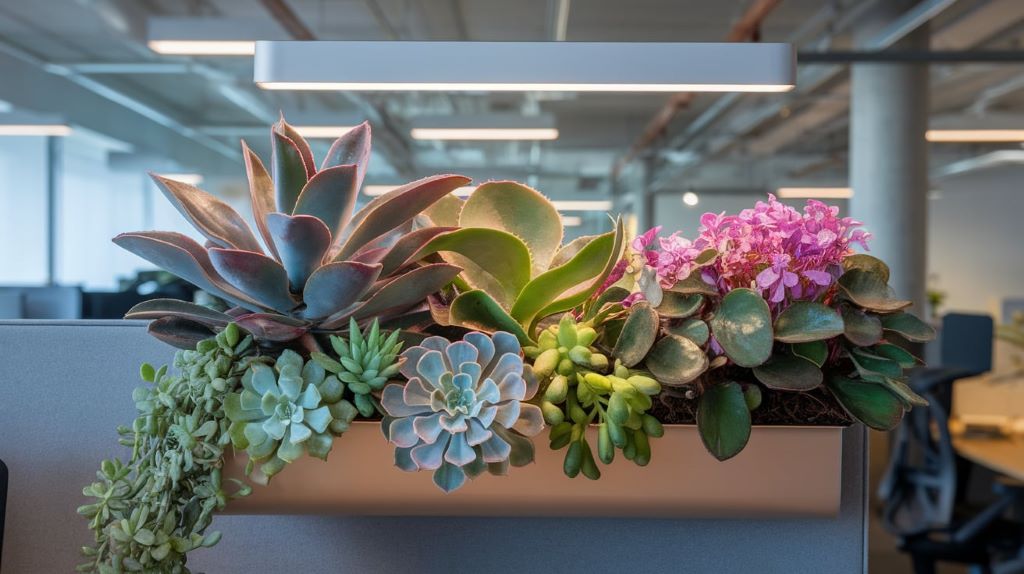
Conclusion
Creating a desktop garden is more than just an aesthetic choice—it’s an investment in your wellbeing, productivity, and workplace satisfaction. By thoughtfully selecting plants that match your environment and maintenance capabilities, you can transform your workspace into a refreshing oasis that counterbalances the technological nature of modern work.
Start small with one or two hardy specimens, then expand your collection as your confidence grows. Experiment with different containers, arrangements, and plant varieties to discover what brings you the most joy and functions best in your unique workspace.
Remember that your desktop garden is a living, evolving element of your professional environment. As it grows and changes, so too will your connection to your workspace and potentially your relationship with work itself. In bringing a bit of nature indoors, you’re not just decorating your desk—you’re cultivating a more balanced, pleasant, and productive work experience.
Resources for Desktop Gardeners
- Plant identification apps: PlantNet, PictureThis
- Care reminder tools: Planta, Greg
- Office-friendly plant suppliers: The Sill, Bloomscape
- Desktop garden accessories: Etsy, Modern Sprout
- Community support: r/OfficePlants, Instagram #DeskPlants
Ready to transform your workspace with greenery? Start your desktop garden journey today and discover how these miniature plant oases can enhance both your environment and your workday experience.

